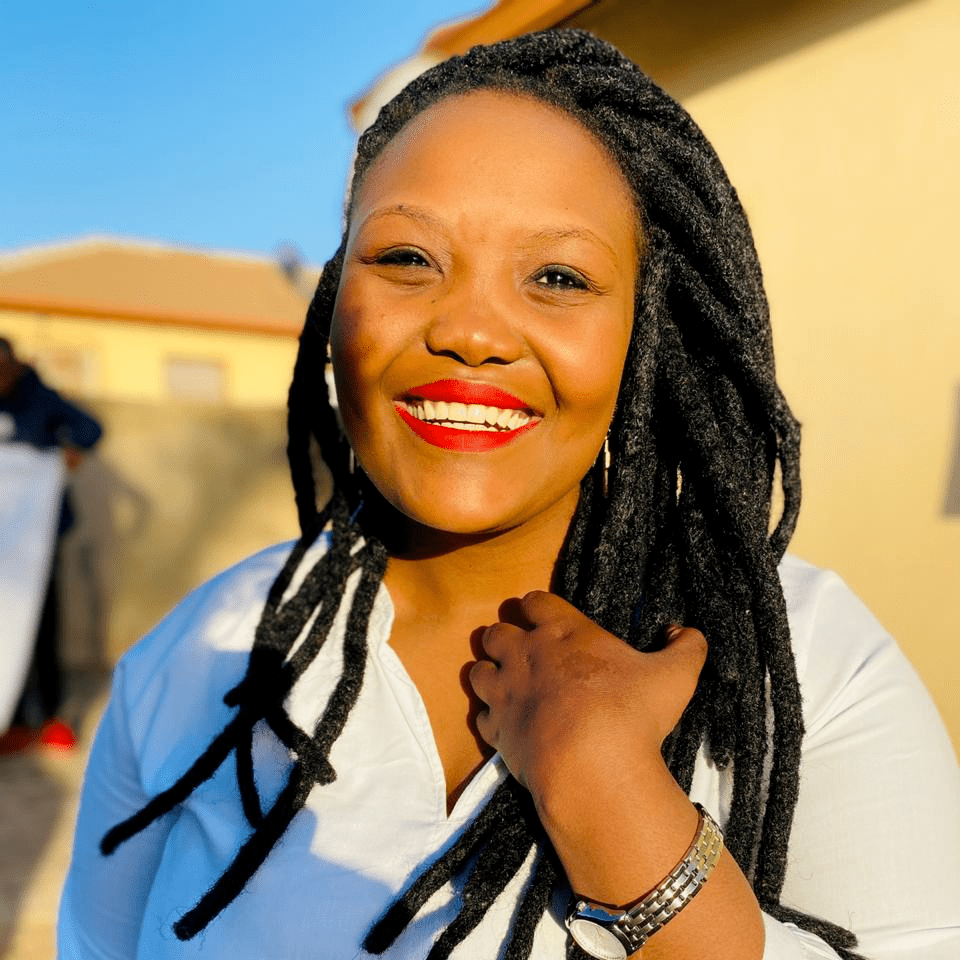What is your educational background?
Clinician Scientist, Medical doctor and currently a PhD candidate in Immunology at the University Of Cape Town (UCT).Completed a BMedSc Honours in Infectious Diseases and Immunology in parallel with the MBChB degree through the UCT Intercalated Clinician-Scientists Training Programme at its inception as a medical undergraduate student.
What is your current occupation?
PhD candidate.
What or who got you into STEM?
My mother is a STEM educator (primary level), so I am sure that influenced my particular interest in science and impacted how I experienced science as a primary and high school learner, LOVED it. Secondly, growing up in the rural area and being so curious about so many things that I later on realised could be answered through research. Third, arriving in medical school and realising that although I learnt a lot, there was no room to question or explore further the facts we had to learn. That’s when I knew I needed to do something additional to medical degree, and that’s when I joined the science and research world through a highly selective programme at its inception at UCT, that allowed me to not have to chose between clinical medicine and science, it afforded me the opportunity to do BOTH. Hence Clinician Scientist.
What is the biggest challenge/barrier you have faced as an African in STEM?
The lack of representation. I have been in many meetings where I was the only black delegate and at most times only black female. This lead me to also research alot about other black scientists within various institutions in my own country and the possible significant positions they hold in those institutions or organisations in STEM, and to my surprise very few Africans in STEM hold the positions.
How do you think your background/upbringing has been beneficial in your journey/career?
My mother being a STEM educator (primary school level) and growing up exposed to rural communities and the struggles created a very curious mind in me, which I believe is key in STEM. One needs to be curious and willing to investigate thoroughly to get honest and valid answers.
How do you think we can start to change the narrative surrounding African contributions
to global STEM research & careers?
Shu! First and foremost by ensuring the actual acknowledgement of the contributions of Africans in STEM. Adequate acknowledgement. This can occur in many ways, one including opening up spaces for African scientist to also occupy certain STEM related leadership positions, either in institutions, organisations or even institutes or research groups.
What advice would you like to give to young, aspiring Africans in STEM?
There is room for you, your voice and perspective matters, it is actually KEY. Science needs to be relevant to populations and communities, otherwise it has no impact and effect. To make science more relevant and impactful in Africa, we need Africans to take on the reigns.





